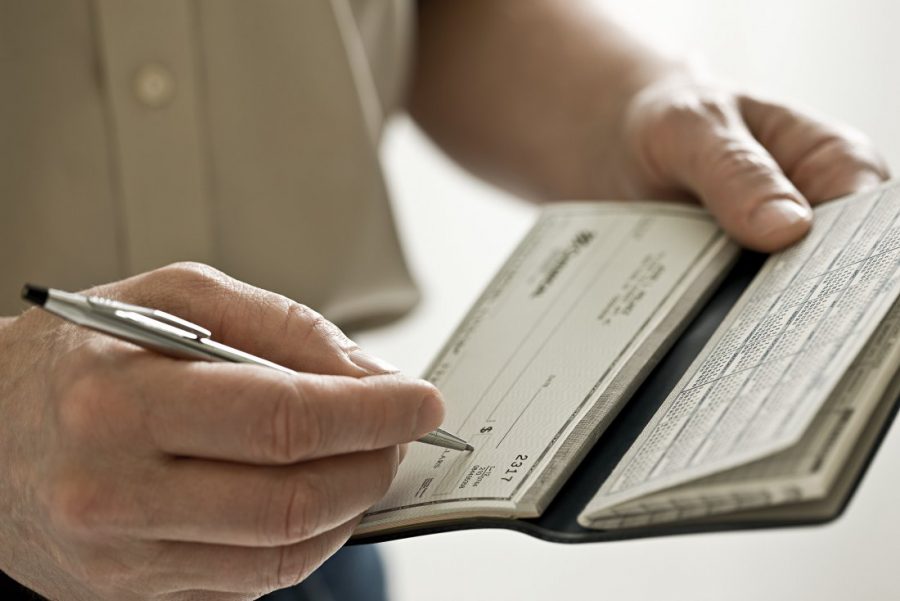In today’s technological age, balancing one’s checkbook is likely viewed by many as an arcane action, but there’s still plenty to be said for why you should do it. In spite of rapid technological advancement in the banking industry, timing delays and banking errors still can and do occur, and those are the two main reasons a checkbook and bank statement do not match up.
If you fail to keep proper track of how much money you actually have to spend, you could end up overspending your account balance and get hit with an overdraft fee. The possibility of an overdraft is often quite real in college. Most of us have at least one friend who went to the ATM and suddenly realized he or she had less than $10, or even no money, in his or her account. Maybe you’ve even been that person yourself.
So how exactly do you balance your checkbook? It’s actually a simple process:
- Record ending balance from monthly bank statement
- List all deposits not shown on bank statement
- Add up deposits and add the total to the bank statement balance for new balance
- List all withdrawals not shown on bank statement
- Add up withdrawals and subtract the total from the new balance to get your ending balance. This ending balance should equal your bank statement balance.
You’ve probably noticed that in order to complete this process you need to keep track of your purchases in your checkbook. This actually fills another major reason you should keep a checkbook and balance it: keeping a checkbook actually makes you pay more attention to your buying habits and can help you better analyze how to improve your financial habits. If you’re like most college students, you probably pay for almost everything with a card, which can make it very easy to overspend with minimal contemplation. Taking it upon yourself to mark down every purchase you make will likely make you realize just how much you are spending, and it may convince you to take out your card less often.
Another reason to track your purchases and compare it to your statement: identity theft. In fact, that’s often one of the main reasons people still bother to look at their bank statements periodically. Banks do what they can to keep your information safe, but it’s naïve to think you don’t have to watch out for identity theft yourself. One of the best defenses against identity theft is vigilance, and the way to implement that vigilance is by knowing what you have bought so that you can recognize when purchases have been made by someone other than you.
To level with you, my mom is an accountant, and she still balances her checkbook every month, just like she always has. Financial literacy derives from the matriarchy in my family. But I get it; most families aren’t like that, and your parents may very well not even balance their own checkbook anymore. In fairness to your parents, their financial cushion is probably a tad larger than yours.
College students comprise a group of adults whose personal account balances tend to flirt with zero more often than the average adult, so it’s fair to say that balancing one’s checkbook is still beneficial to many college students. However, that shouldn’t be the only reason convincing you to balance your checkbook. Doing so can strengthen control over your finances and transform you into a more disciplined buyer, and it can also help ensure your identity remains yours and yours alone. Balancing your checkbook may not be the most modern aspect of financial management, but that doesn’t make it any less effective.



